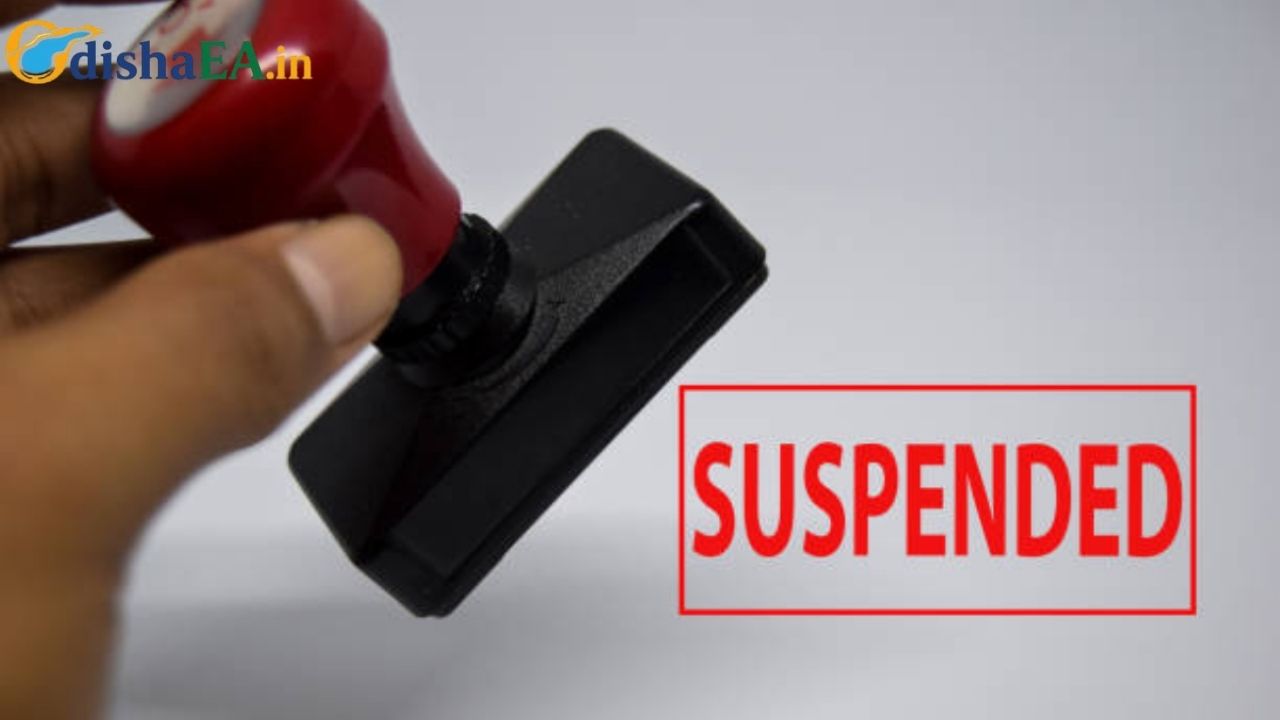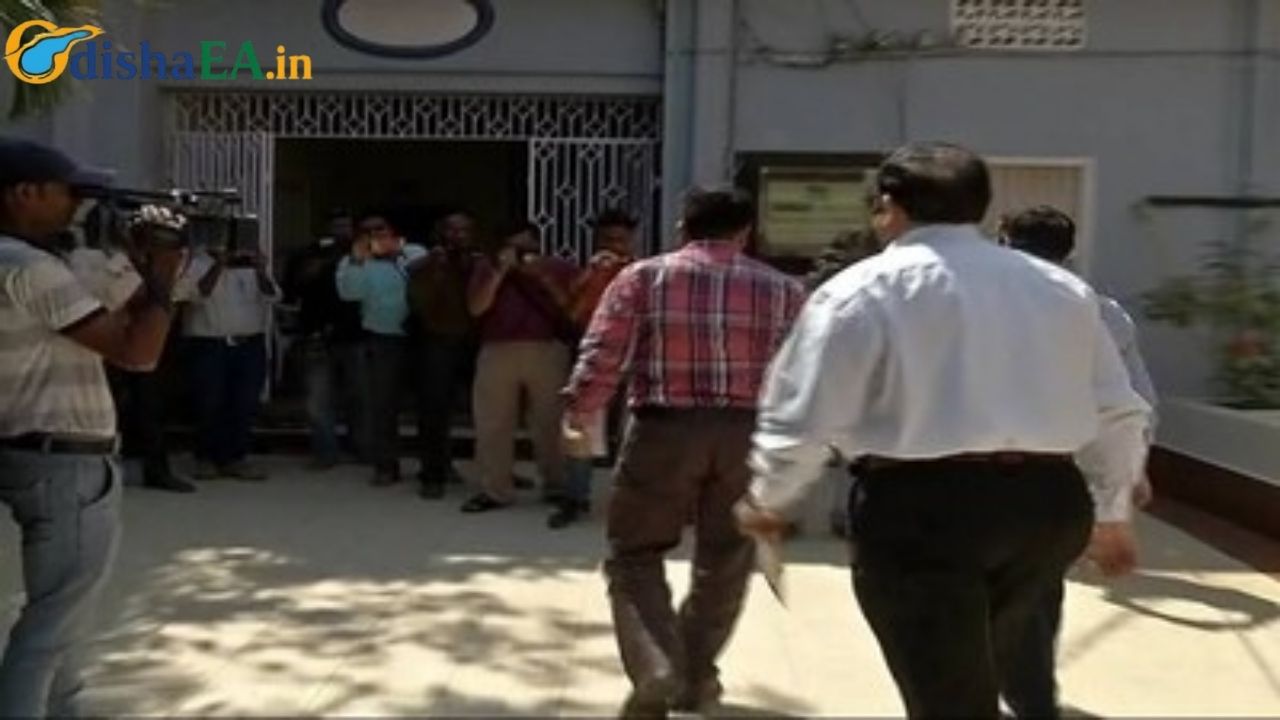When news broke that an Assistant Commissioner of State Tax in Bhubaneswar was caught red-handed accepting a ₹25,000 bribe, the city erupted in outrage. The case, involving Sarita Barik, an OFS-I officer, has become a hot topic not only in Odisha but also across India. Folks are buzzing about corruption, accountability, and how everyday citizens can stand up against unethical practices.

This scandal isn’t just about one person—it shines a light on how corruption impacts business owners, taxpayers, and society as a whole. And while ₹25,000 may sound like “small potatoes” compared to million-dollar frauds in the U.S., for local business owners in Bhubaneswar, this is a serious hit to fairness and trust in government systems.
Assistant Commissioner of State Tax Nabbed in ₹25,000 Bribery Scandal
| Point | Details |
|---|---|
| Incident | Assistant Commissioner of State Tax Sarita Barik arrested on Aug 26, 2025 for taking a ₹25,000 bribe |
| Who Was Targeted | Local bakery owner pressured to pay for avoiding fines of ₹2,27,147 on ITC reversal |
| Arrest Details | Caught red-handed in her car near Madhusudan Nagar, Bhubaneswar |
| Law Applied | Prevention of Corruption (Amendment) Act, 2018 |
| Investigations | Raids at 3 locations for disproportionate assets |
| Official Source | Odisha Vigilance |
The Assistant Commissioner of State Tax nabbed in a ₹25,000 bribery scandal in Bhubaneswar isn’t just another corruption headline—it’s a wake-up call. For citizens, it’s proof that vigilance works. For officials, it’s a reminder that corruption carries consequences. And for professionals worldwide, it’s a lesson in why transparency, documentation, and whistleblowing matter.
The Bribery Bust: What Went Down
Here’s the scoop: a bakery owner filed a complaint that the officer demanded a bribe to skip fines related to an Input Tax Credit (ITC) reversal worth over ₹2.27 lakh for 2020–21. That’s like a baker in the U.S. being shaken down by an IRS auditor over tax credit miscalculations—except instead of proper paperwork, it’s “pay up or else.”

The Odisha Vigilance team set up a sting operation, and boom—Barik was nabbed on the spot, cash in hand, right inside her vehicle near the Aakash Institute in Madhusudan Nagar. It was as clear-cut as catching a kid with their hand in the cookie jar.
Why This Scandal Hits Hard
Corruption isn’t new. But when high-ranking officials—people expected to enforce fairness—are caught cheating, public trust takes a major hit.
Think about it this way:
- If you’re a small business owner in the U.S., you already juggle taxes, licenses, and compliance. Now imagine having to slip cash under the table just to avoid harassment. That’s how many local entrepreneurs in India feel.
- According to Transparency International, India ranked 93rd out of 180 countries in the 2023 Corruption Perceptions Index (source). While progress is being made, cases like this show there’s a long road ahead.
Breaking Down the Law: The Prevention of Corruption Act, 2018
The Prevention of Corruption (Amendment) Act, 2018 is the rulebook here. It tightened the screws on corrupt officials by:
- Expanding definitions of bribery – Both taking and offering bribes are punishable.
- Stricter punishments – Jail terms ranging from 3–7 years.
- Property investigations – Authorities can raid assets to uncover disproportionate wealth.
So, Barik isn’t just looking at embarrassment—she could be facing serious jail time and financial penalties.
Lessons for Professionals & Citizens
This scandal carries lessons that stretch beyond Bhubaneswar:
1. Document Everything
Just like in U.S. business practices, documentation is your shield. The bakery owner had proof and filed a complaint. Without records, cases can become “he said, she said.”
2. Whistleblowing Works
Many fear reporting corruption, but this case proves whistleblowers can make a difference. In India, you can approach Vigilance Directorates or even lodge online complaints.
3. Know Your Rights
Understanding tax laws (or at least having a trusted accountant) reduces your vulnerability. Ignorance often makes people easy targets.
4. Corruption Is Everyone’s Problem
From Wall Street scandals in the U.S. to local bribery in India, corruption affects growth, prices, and public trust. Transparency and accountability aren’t optional—they’re essential.
Practical Guide: What To Do If You Face Bribery
Here’s a quick action plan—whether you’re in India, the U.S., or anywhere else:
- Stay Calm & Don’t Pay Immediately – Don’t get pressured into quick payments.
- Gather Evidence – Emails, call recordings, or transaction requests.
- Report to Authorities – In India, approach Odisha Vigilance or the Central Vigilance Commission. In the U.S., this could mean the FBI Public Corruption Unit.
- Consult a Lawyer – Professional guidance keeps your case strong.
- Go Public if Needed – Media attention can speed up accountability.
Wider Impact: Why Citizens Are Angry
Bhubaneswar’s outrage isn’t just about one bribe. It’s about:
- Repeated cases – Just weeks earlier, a junior revenue staffer was busted in Bhubaneswar for a ₹30,000 bribe.
- Everyday struggles – Ordinary citizens face red tape and see corruption as an unfair “tax.”
- Lost trust – When enforcement officers cheat, citizens start questioning the whole system.
For many, this scandal feels like déjà vu—another reminder that the fight against corruption is ongoing.
Vigilance Crackdown in Cuttack: Hospital Staff Accused of Amassing Disproportionate Assets
Sambalpur Drug Lab Official in Disproportionate Assets Storm as Vigilance Searches 7 Locations
FAQs
Q1. Who was caught in the Bhubaneswar bribery scandal?
Assistant Commissioner of State Tax Sarita Barik, an OFS-I officer, was caught taking a ₹25,000 bribe.
Q2. What was the bribe for?
It was demanded from a bakery owner to waive off fines related to ITC reversal worth ₹2,27,147.
Q3. What law applies in this case?
The Prevention of Corruption (Amendment) Act, 2018.
Q4. How can citizens report corruption in India?
Through state vigilance departments, the Central Vigilance Commission, or official online portals.
Q5. Is bribery common in tax systems worldwide?
Unfortunately, yes. While systems differ, corruption scandals surface in both developing and developed countries.





